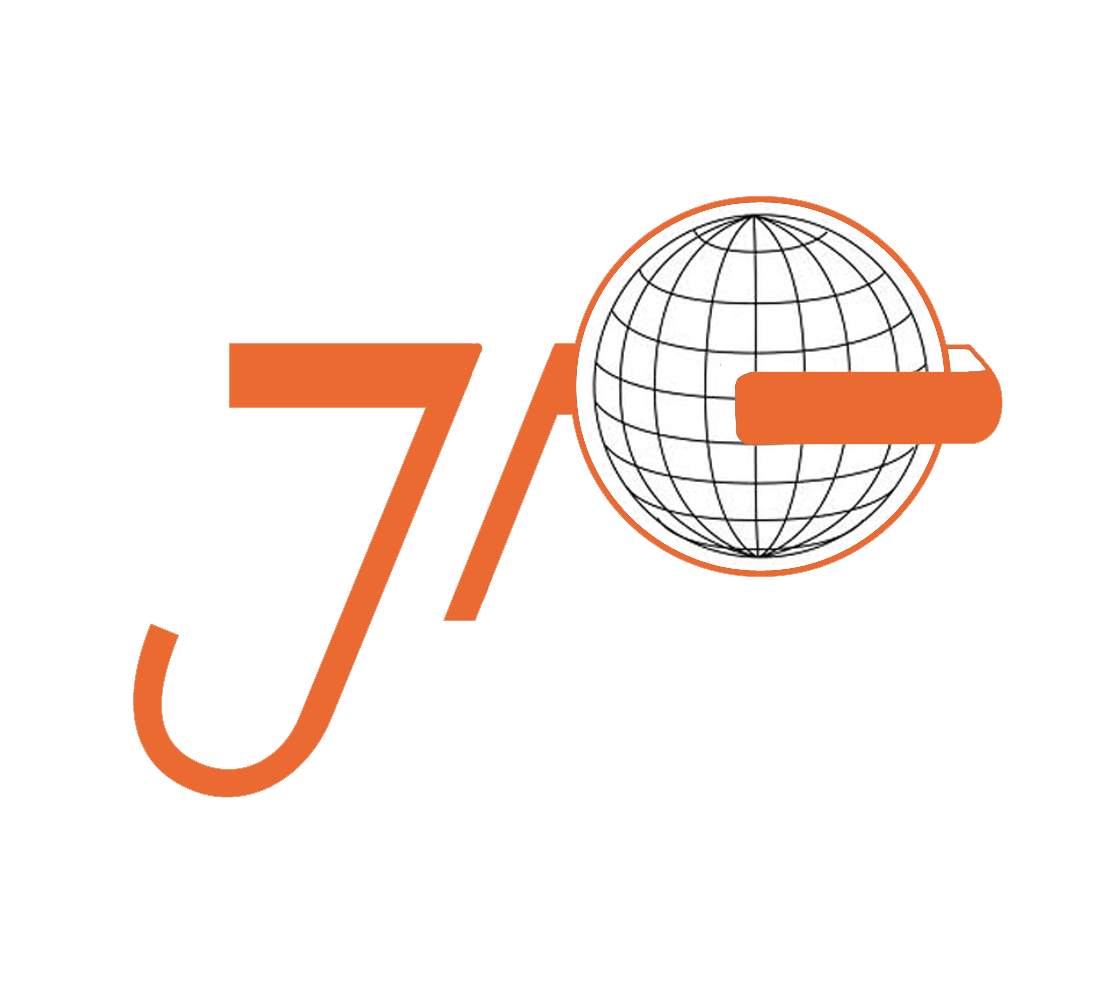
Debating The Reconstruction of Notre Dame
Can the famed cathedral be rebuilt by the 2024 Paris Olympics?
French lawmakers on are currently debating a highly controversial law for restoring Notre-Dame within 5 years. The cathedral was nearly destroyed in a fire that broke out in the cathedral in April, and French President Emmanuel Macron has set a target for the restoration to be finished by the time Paris hosts the Olympics in 2024.
The surrounding controversy is that the proposal would involve removing provisions protecting the ancient structure. Nearly one billion euros has been donated, and experts believe believe the total bill will come to between 6-700 million euros. This begs to question what will happen to leftover money? France's Observatory for Religious Heritage has found that there are between 40,000 & 60,000 churches and chapels in France with 5,000 in poor condition.
This law, should it be passed, will create a public body to oversee and carry out the work but grants the government power to override regulations on planning. Notre-Dame has become a world renowned cathedral as it has survived the peaks and valleys of the sometimes turbulent French history since construction began in the mid-12th century.
We hope you’ve enjoyed learning about how the French government is Debating The Reconstruction of Notre Dame! What are your thoughts on the new bill? Join the conversation below.
The Paris Café Preservation
A city-wide movement to preserve the famed cultural melting pots.
A new campaign has been launched to encourage UNESCO to award cultural heritage status to Paris’s bistros and café terraces referencing to the role they played in bringing people together in the aftermath of the 2015 terror attacks.
The dossier will be forwarded to the Ministry of Culture, which is responsible for submitting such applications to UNESCO, this coming September to raise awareness both in France and abroad of "the role that bistros and café terraces play in bringing people and cultures together, and their role as intellectual and artistic melting pots". The new association has stated that following the attacks on November 13, 2015,
"Parisians crowded onto the terraces... to show that they regarded them as places of cultural cross-fertilisation, of freedom and of the art of living."
The association has also said that the culture of Paris' world-famous cafés and bistros was increasingly "under threat", not only from soaring rents in the French capital, but also from multinational companies in the food & beverage industries.
The association's head, Alain Fontaine stated that “In a society that is becoming increasingly standardised, there are still places for families that make a real contribution to popular culture.” Similar campaigns have recently started to put both the French baguette (which can be read about in our previous article, Battle of the Baguette) and the iconic green "bouquinisites" book stalls in Paris on UNESCO's intangible cultural heritage list.
We hope you've enjoyed learning about The Paris Café Preservation! Planning a trip to experience the treasured bistros and café terraces in person? Our culturally immersive classes taught by native instructors will ensure you are able to order whatever you heart may desire with ease! Click below for more info!
Everything you need to know about traveling to France
Never been to France? This guide will help you navigate your way through one of the world's most popular countries!
Want to travel to France? Let us make planning your trip a little bit easier. Here is everything you need to know about traveling to France, including where you and your family or friends should visit, how to get around each town and across long distances, and helpful phrases that will make communicating during your stay much more pleasant. We have also provided some tips on what to do in case of an emergency or if you get lost during your journey. Use this as a reference guide to your next trip abroad to France!
Where to go
Unsure of where to go and what cities to visit when traveling to France? This could be the biggest challenge of all, as there are so many incredible cities and historic landmarks scattered throughout the country that it would be impossible to grasp the enormity of France in just a short trip. There are plenty of cities to choose from. Some significant ones are Nice, Strasbourg, Bordeaux and Paris. Each of these cities has a charm all it's own. A few popular sites that can be found all around the country are the Eiffel Tower in Paris, the Nimes Roman Monuments, the tallest bridge in the world -- the Millau Bridge that spans the River Tarn, the Étretat Cliffs, the Reims Cathedral and the Palace of Versailles.
How to get around
An important factor in deciding which locations to visit during a trip abroad is determining how to get around. Luckily, France offers a few different options for getting from one place to the next that are efficient for a multitude of circumstances. Whether visitors are traveling cross-country distances in a short period of time, or if they wish to reach a rural location uncharted by railways and planes, or if tourists simply wish to get around town with convenience, there are options for each situation.
Car
The most charming châteaux and country hotels always seem to lie away from the main cities and train stations. Under this circumstance, automobile travel is the best option. Renting a car is a great way to reach the French countrysides, the Normandy beaches, the Loire Valley, the extravagant vineyards and rural Provence. In order to do so, renters must present a passport, a driver's license and a credit card. It is important to review the insurance policies before going through with the car rental, to ensure your liability in case of any accidents. For those accustomed to North American prices, gas prices in France are expensive, averaging at $5.54 USD. However, the smaller the car the less gas you will need for your trip. It is important to recognize the translations for leaded gasoline, avec plomb, and unleaded, sans plomb, and to be aware beforehand that in France, people drive on the right side of the road. Keep this in mind when comfortably making a decision on which mode of transportation to take. When in need of flexibility when traveling, renting a car is the way to go.
Public Transportation
France's world-class public-transport systems are utilized throughout the country's major cities. There are métros, or underground subway systems, in Paris, Lyon, Marseille, Lille and Toulouse, andthere are tramways, or ultramodern light-rail lines, in cities such as Bordeaux, Grenoble, Lille, Lyon, Nancy, Nantes, Nice, Reims, Rouen, Strasbourg, and parts of Paris. This is a great method of transportation for getting around town without much expense or hassle, and for traveling short distances in no time. Travelers have the option of purchasing single tickets, booklets of tickets and all-day passes for a customized metro experience.
Train
When taking a cross-country journey across France, the best way to get from one place to the next is by train. France has the world’s fastest trains on it's tracks, known as Train à Grande Vitesse, or TGVs, which link some 50 French cities, allowing visitors to travel from Paris to just about anywhere else in the country within hours. Trains also have many amenities such as food and snacks on board, comfortable seating and incredible views of the French countryside. For information about tickets, visit here!
What to do in case of emergency
The first thing to do when lost in a foreign country is to stay calm and don't panic. Simply ask the locals for their help and assistance. Let the key phrases below be a helpful guide in finding the way back. Be aware of your surroundings as to not be fooled by pick-pocketers (they are everywhere, especially in tourist-populated areas), and if things get to be quite problematic, contact a police officer. They are there for your help and safety.
Phrases to know
When venturing around a foreign country, it is important to be able to communicate on a basic level, especially in case of an emergency. We have listed a few common phrases that will go a long way in making your visit to France much more pleasant and enjoyable.
Hello/ good day/ good morning, how are you? ----> Bonjour, ça va?
Thank you very much! ----> Merci beaucoup!
How much does it cost? ----> Combien ça coûte?
Do you speak English? ----> Vous parlez anglais?
I speak very little French. ---> Je parle seulement un peu français.
Where can I find the nearest map? ----> Où est la carte la plus proche?
May I have a glass of water? ----> Est-ce que je peux avoir un verre d’eau?
I need help, I feel threatened. ----> Aidez-moi! Je suis menacé(e).
No thank you, I’m just looking for now. ----> Non merci, je regarde.
Where is the ticket window? ----> Où est la vente detickets ?
No/ yes ----> Non/Oui
Where is the restroom? ----> Où sont les toilettes?
Would you please take our picture? ----> Vous pourriez prendre notre photo, s’il vous plait?
Goodbye! ----> Au Revoir!
I hope Everything You Need to Know About Traveling to France will be helpful for your next trip abroad! If you are looking to learn more about French language and culture, make sure to sign up for our new Group Classes at JP Linguistics! Don't forget to tell your friends about Frenchie Fridays so they can receive fun French stories delivered directly to their inboxes - they can sign up HERE.
Merci et à bientôt!
Credit: Frommer.com, pexels.com, wikipedia, Owens and Hugh Llewelyn - Flickr.com












